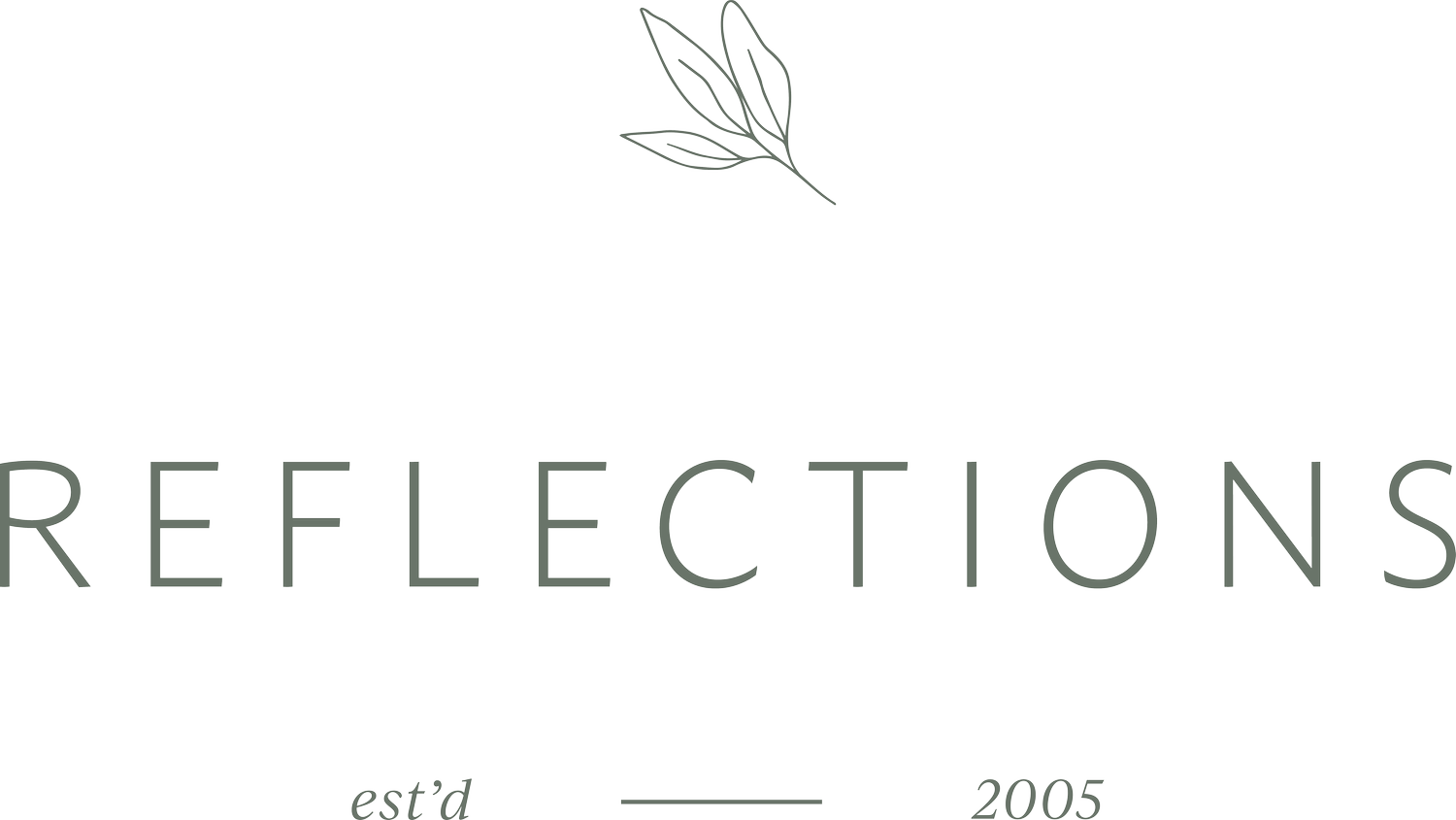Essential Newborn Care Tips for First-Time Moms

Welcoming a newborn into your family is an incredible journey filled with precious moments that pass all too quickly. As you navigate these early days of parenthood, having reliable guidance can make all the difference in caring for your little one. Let's explore essential tips to help you confidently care for your newborn.

Creating a Safe Sleep Environment
Sleep safety is paramount for newborns. The Canadian Paediatric Society (CPS) recommends:
● When putting your baby to sleep, always place them on their back.
● Just a fitted sheet should be used on a firm, flat mattress.
● Remove all toys, bumpers, pillows, and blankets from the crib.
● For the first six months, you share your room but not your bed.
● Maintain a comfortable room temperature to prevent overheating, especially during cold Canadian winters and hot summers.
● Be mindful of indoor heating that can dry out the air.
Remember, newborns typically sleep 16–17 hours daily in short stretches. While this pattern may be challenging, it's completely normal and necessary for their development.
Feeding Your Newborn
Whether you choose to breastfeed or formula feed, your newborn will need frequent feedings every 1-3 hours. For successful feeding:
● Observe your infant's hunger signals and give them food when needed.
● Ensure proper positioning and latch if breastfeeding
● Keep track of wet and soiled diapers to monitor intake
● Stay hydrated and well-nourished while nursing
● Follow safe formula preparation guidelines if bottle-feeding
Essential Hygiene and Care
Keep your baby clean and comfortable with these basic care tips:
Diapering
● Change diapers frequently to prevent rash
● Clean the area gently with warm water or wipes
● Before putting on a fresh diaper, let the skin completely dry.
● Apply diaper cream if needed
Bathing
● Do not take your first bath until 24 hours after birth.
● Limit baths to three times per week in the first year
● Use mild, fragrance-free soap
● Keep baths brief (about 10 minutes) using lukewarm water
● Apply hypoallergenic lotion after bathing
Umbilical Cord Care
● Keep the stump clean and dry
● Avoid covering it with the diaper
● Stick to sponge baths until it falls off
● Monitor for signs of infection
Recognizing When to Call the Doctor
Contact your family doctor if your newborn:
● Has a fever of 38°C (100.4°F) or higher
● Shows changes in feeding patterns
● Appears unusually sleepy or irritable
● Develops rashes or skin changes
● Has difficulty breathing
● Shows signs of dehydration

Capturing These Precious Moments
The newborn period passes incredibly quickly, and while you're focused on care and feeding, these fleeting moments can slip by. Consider documenting these early days through professional photography to preserve these precious memories. As a professional photographer who specializes in newborn photography, I understand how to safely pose and photograph your baby while creating beautiful keepsakes of this special time.
Keep in mind that each baby is different, so what suits one might not suit another. Trust your instincts, and don't hesitate to reach out to your healthcare provider with concerns. You can also reach out to Canadian parenting support groups for more personalized advice. Most importantly, try to be present and cherish these moments with your little one—they truly do pass so quickly.
Ready to capture their tiny features before your child is all grown up? Contact me to know more and schedule your newborn photography session.





